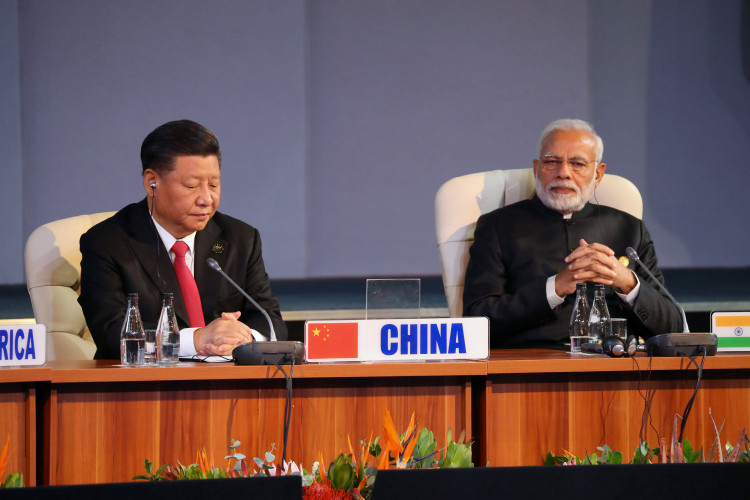After a year of tensed military relations brought by the 73-day Doklam standoff, China and India on Thursday pledged to maintain peace and stability on the Himalayan border.
Chinese Defense Minister Wei Fenghe and Indian Prime Minister Narendra Modi agreed to repair geopolitical ties that suffered after the military encounter last year.
Minister Wei, who is in a four-day visit to New Delhi which started on Aug. 21, took the opportunity to tell Modi that China is prioritizing the renewed friendly cooperation with India. Specifically, Minister Wei stressed China's willingness to deepen its bilateral military ties with New Delhi to assure security, mutual trust, and harmony on the Himalayan border.
Wei's visit is perceived by both countries as a significant demonstration of how the two nations are willing to improve communications and military coordination, South China Morning Post highlighted.
Modi, for his part, underscored the thousands of years of friendship between New Delhi and Beijing. He recalled how his meeting with Chinese President Xi Jinping has been significant in renewing the good relations between their nations. The Indian prime minister said that the incident of last year and the repercussions after proved how an India-China relation is a major factor in the stability across the world.
Meanwhile, Chinese foreign ministry spokesperson Lu Kang reinforced the renewed friendly relations by expressing Beijing's willingness to play a constructive role in easing tensions between India and Pakistan. Minister Lu said China welcomes the effort made by Indian and Pakistani leaders to improve their bilateral relations, The Hindu reported. Lu underlined that Pakistan and India are important countries that play a major part in keeping peace and stability in South Asia.
Hundreds of Indian and Chinese troops engaged in a military encounter in Doklam between June and August of last year. Beijing and Bhutan, an important ally for India, have overlapping territorial claim over Doklam. India lent a helping hand for Bhutan in asserting its right to oppose China's road construction in the area.
The military encounter in Doklam had been the most intense confrontation between China and India since the Sino-India border war in 1962. Political observers had in fact feared that the Doklam standoff that lasted a total of 73 days would ignite a full-blown war between India and China. Political analysts were extremely worried about the extent of damage and fatalities a war between the world's two most populous nations could be.
Fortunately, both sides agreed to withdraw their armies and have since then made a significant effort to repair their military ties.
Prime Minister Modi visited China three times since after the conflict. He actively attended different summits in the country and agreed to an unofficial meeting with President Xi. The two leaders are expected to meet again in Argentina later this year.





